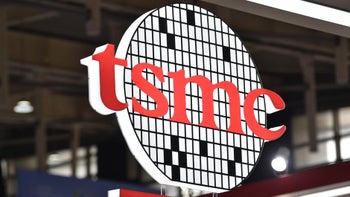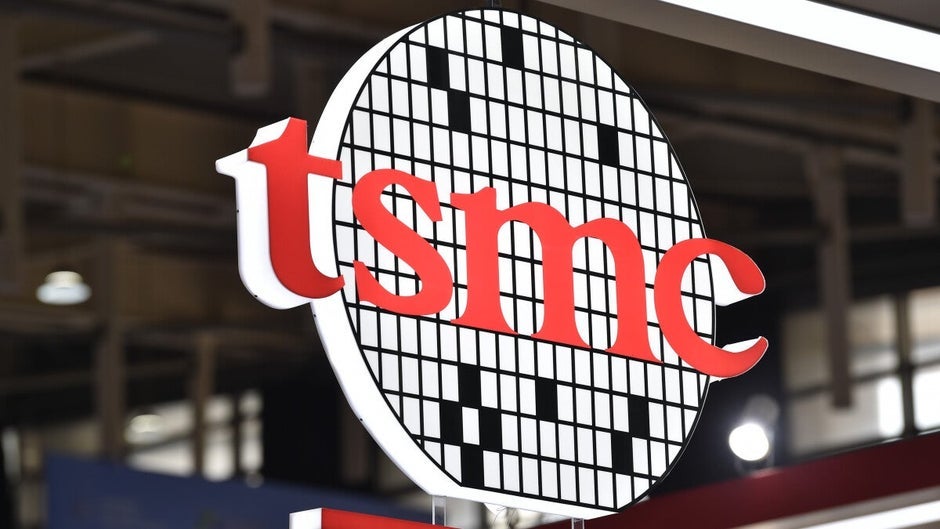
TSMC (Taiwan Semiconductor Manufacturing Company) was rumored to be holding a completion ceremony for its first new plant in Phoenix, Arizona on December 6. This has now reportedly been canceled — or postponed — following president elect Donald Trump’s victory in the 2024 U.S. elections.
The entire atmosphere around the smartphone industry and the tech world at large has been tense since the elections. A major reason for this are Trump’s proposed tariffs which have scared consumers and companies alike. Almost everyone is adamant that these tariffs will lead to more expensive goods for the end consumer as companies will simply raise prices to offset tariff costs.
It also doesn’t help that Trump has had some not-so-kind things to say about Taiwan’s semiconductor industry and TSMC in particular. In his words, TSMC has “stolen 95 percent of our business” and placed it in Taiwan instead. Trump’s end goal with his tariffs seems to be to force companies to bring their manufacturing back to the United States, an admirable goal if somewhat farfetched.
The Phoenix plant is the first of three planned facilities to be constructed in the city. TSMC promised that the third facility would let the company start manufacturing 2 nm chipsets in the U.S. before the decade ends.
The ceremony, which was to be attended by current President Joe Biden as well, is now rumored to have been postponed till February. This postponement likely signals TSMC’s cautious approach to conducting business in the U.S. now that Trump has won. It’s likely that the company is waiting to see what policies take effect after Trump is sworn in on January 20.
There is a strong possibility that nothing will come of this: the U.S. relies too heavily on TSMC and the Taiwanese company doesn’t really have any formidable competition. However, if the Trump administration does take some controversial steps we might just see the Phoenix plant close down before it’s even fully operational.
Just like the Samsung Foundry plant in Taylor, Texas.

TSMC halts U.S. plant completion as tensions grow after Trump victory
TSMC has halted the completion of its first new plant in Phoenix as the company awaits Trump's new policies to take effect in January.


